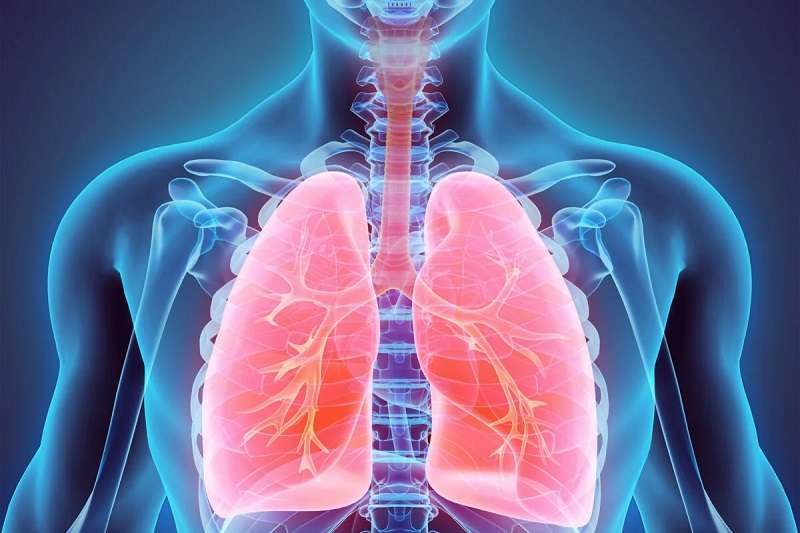Researchers have revealed that remnants of ancient viruses transmitted thousands or even millions of years in human DNA may pave the way for better cancer treatments in the future.
Scientists at the Francis Crick Institute have been studying lung cancer, the leading cause of cancer-related deaths globally, to understand why some patients respond better than others to immunotherapy, reports Al-Rai daily.
And through the study, published in the journal (Nature), they found that the remnants of old cells can be activated by cancer cells. They discovered that this could inadvertently help the immune system target and attack the tumor.
And the scientists reported that these “remarkable” results could be used to help more people survive lung cancer by promoting cancer treatment or even preventing it.
“This work opens up a number of new opportunities to improve patients’ responses to immunotherapy, a critical step in helping more people survive lung cancer,” said Julian Downward, associate director of research and head of the Oncogene Biology Laboratory at the Francis Crick Institute.
By monitoring the activity of immune cells in mice with lung cancer and in human lung cancer tumor samples, the researchers found that antibody-producing white blood cells called B cells contribute to the lung cancer immune response by producing tumor-binding antibodies.
When they looked at the target of this response, they found that the antibodies recognized proteins expressed by ancient viral DNA, known as endogenous retroviruses (ERVs), which make up about 5 percent of the human genome and are passed down from historical infections of our ancestors.
In most healthy tissues these viral genes are silenced, but in cancers they can be awakened. “We now know that regions of B cell expansion can help us predict a positive response to checkpoint inhibition,” Downward explained. With further research, we can work to boost B cell activity in a targeted manner to patients least likely to respond.”
“Retrovirals have been hiding as viral footprints in the human genome for thousands or millions of years, so it’s great to think that the diseases of our ancestors might be the key to treating the diseases of today,” said George Kassiotis, head of the Laboratory of Viral Immunology at the Francis Crick Institute. With further research, we can look forward to developing a cancer treatment vaccine consisting of activated autoretrovirus (ERV) genes to enhance antibody production at the site of a patient’s cancer and hopefully improve the outcome of immunotherapy.”

